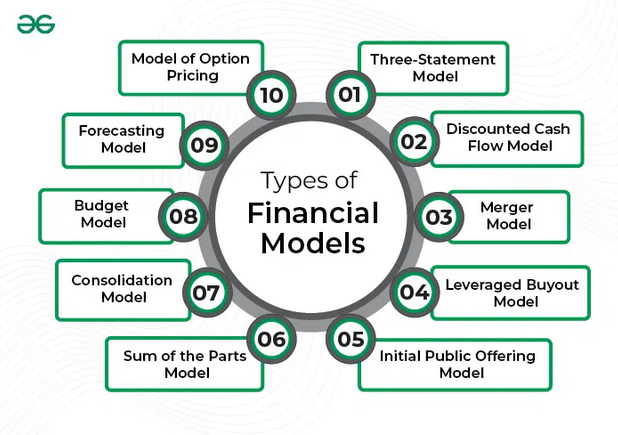In the dynamic US business environment, the ability to build robust and insightful financial models is an increasingly crucial skill for finance professionals. Financial modeling serves as a powerful tool for forecasting, valuation, scenario analysis, and strategic decision-making across various industries.
Key areas where financial modeling skills are vital for US finance professionals:
- Investment Banking and Private Equity: Building complex models to value companies, analyze deals, and assess investment opportunities.
- Corporate Finance: Developing models for budgeting, forecasting, capital budgeting, and strategic planning.
- Equity Research: Creating models to project company earnings, determine target prices, and make investment recommendations.
- Financial Planning & Analysis (FP&A): Building models for financial forecasting, variance analysis, and performance management.
- Consulting: Developing tailored financial models to address specific client needs and challenges.
Proficiency in financial modeling involves not only technical skills in spreadsheet software but also a strong understanding of financial principles, accounting concepts, and business drivers. US finance professionals who can build accurate, flexible, and well-documented financial models are highly valued for their ability to provide data-driven insights and support strategic initiatives.
How has the importance of financial modeling evolved in your career or organization? What are some of the key skills and best practices you consider essential for effective financial modeling? Share your insights!
